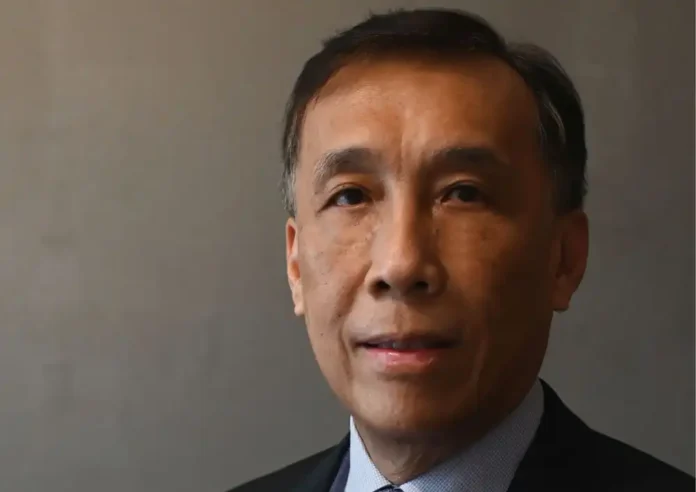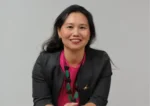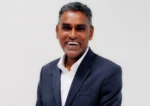At a time when Singapore is pivoting toward innovation, complexity management, and human-centric leadership, Dr. Andreas Raharso is equipping leaders with the cognitive tools they need to lead that transformation. As Program Director of Next Practice at NUS Business School and founder of Organizational Analytics, Andreas brings 25 years of insight into the way real...
© NewInAsia.com 2025








